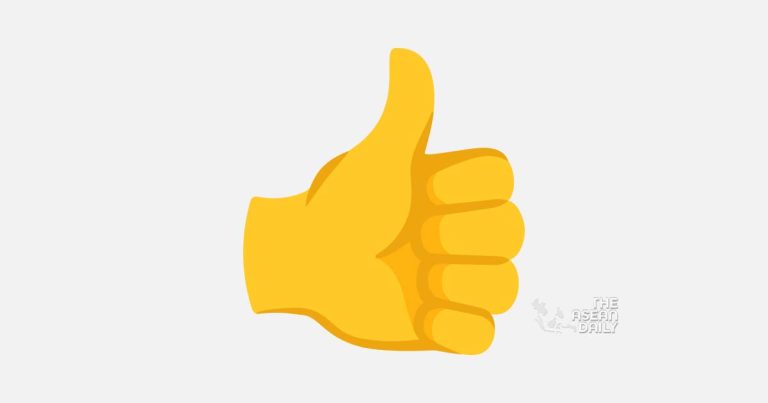8-7-2023 (OTTAWA) A Canadian judge has ruled that the popular “thumbs-up” emoji can be used as a contract agreement and is just as valid as an actual signature. The Saskatchewan-based judge made the ruling, stating that the courts must adapt to the “new reality” of how people communicate.
The case involved a grain buyer sending out a mass text to drum up clients, and a farmer agreeing to sell 86 tons of flax for around $13 per bushel. The buyer texted a contract agreement to the farmer and asked for confirmation of receiving the contract. The farmer issued a thumbs-up emoji as proof of receipt of the document, but backed out of the deal after flax prices increased.
The buyer sued the farmer, arguing that the thumbs-up represented more than just the receipt of the contract. It represented an agreement to the conditions of the contract, and a judge agreed, ordering the farmer to pay nearly $62,000.
The farmer, Chris Achter, said in an affidavit that he “did not have time to review” the contract and the thumbs-up was just acknowledgment of receipt. Justice Timothy Keene relied on Dictionary.com’s definition of the emoji, which notes the image is used to “express assent, approval, or encouragement in digital communications, especially in Western cultures,” ultimately siding with the grain buyer.
“This court readily acknowledges that a ???? emoji is a non-traditional means to ‘sign’ a document but nevertheless under these circumstances this was a valid way to convey the two purposes of a ‘signature’,” Justice Keene wrote.
The defense argued that giving this type of power to an emoji would open the “floodgates” to enhanced interpretations of other emojis. While the justice dismissed this line of reasoning, anyone who regularly texts the LOL emoji without actually laughing out loud is likely worried about the potential consequences.




